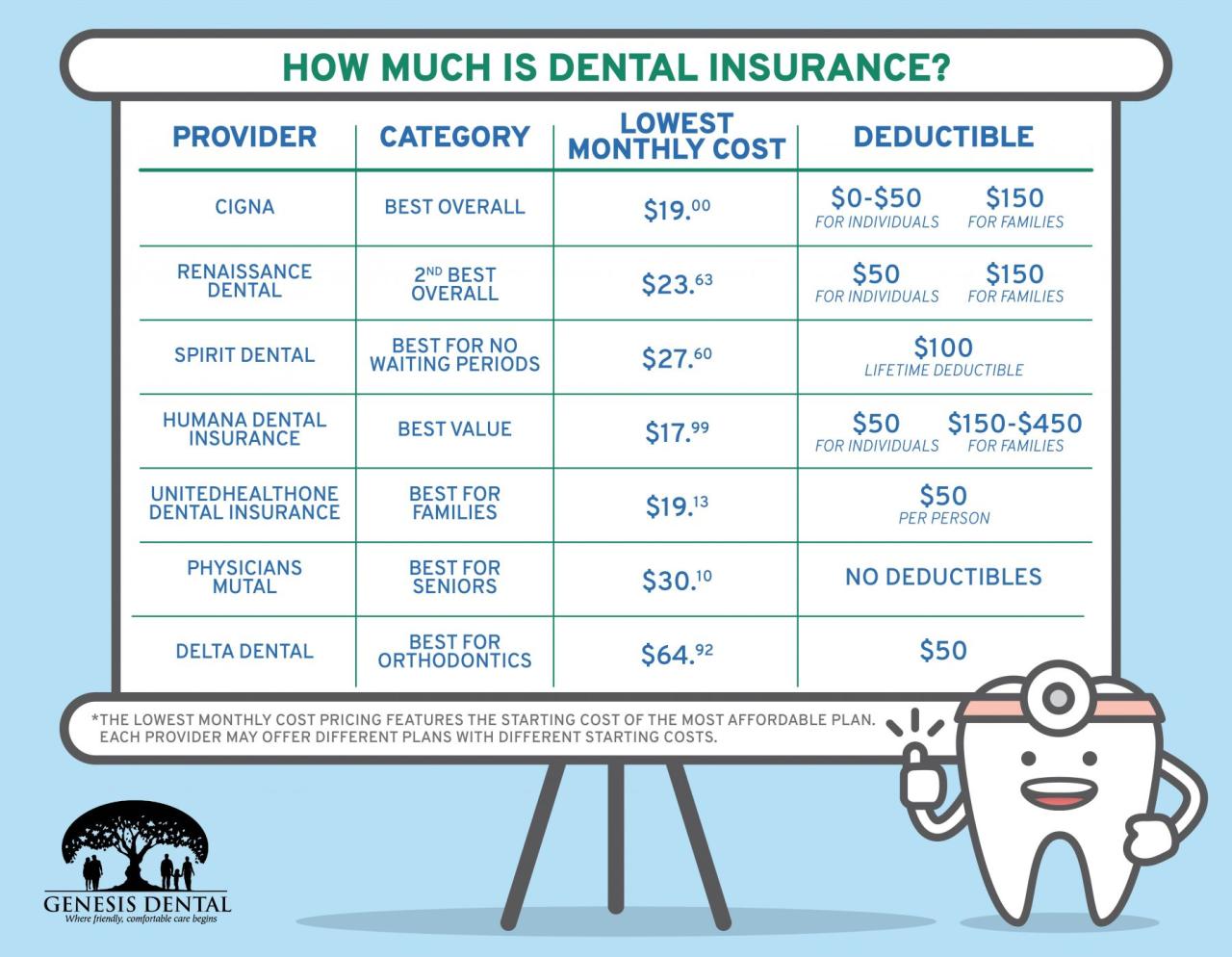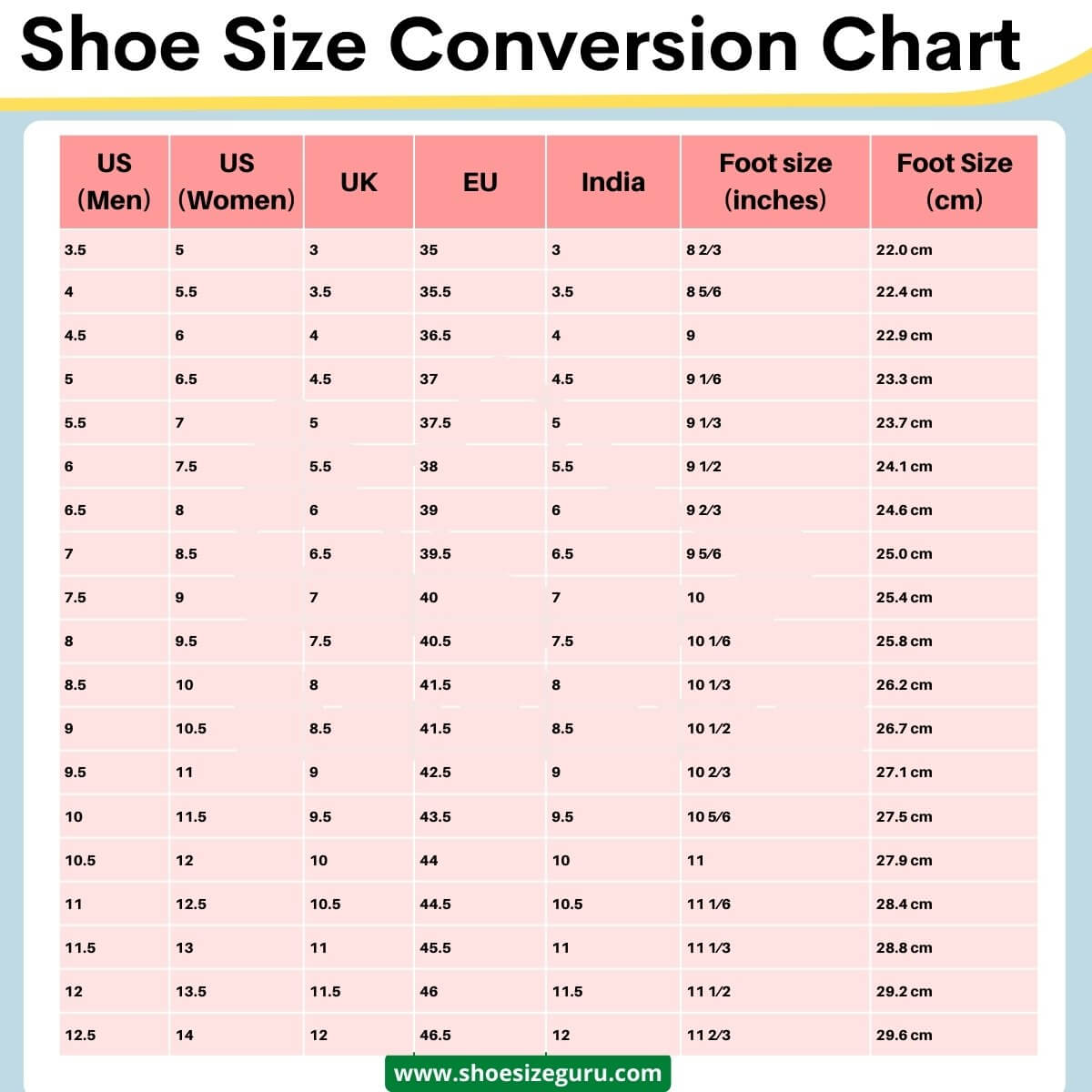Life insurance policy sets the stage for a crucial discussion about financial security. It’s a tool that provides peace of mind and protects loved ones from the financial burden of unexpected loss. Whether you’re a young adult starting out or a seasoned professional, understanding life insurance is essential for building a solid financial foundation.
This guide delves into the various types of life insurance, their key features, and the factors to consider when choosing the right policy. We’ll explore the application process, how life insurance fits into estate planning, and the importance of ongoing policy management.
Understanding Life Insurance
Life insurance is a crucial financial tool that provides financial security to your loved ones in the event of your untimely demise. It acts as a safety net, ensuring that your family can maintain their standard of living, cover outstanding debts, and achieve their financial goals even in your absence.
Types of Life Insurance Policies
Life insurance policies come in various forms, each designed to cater to different needs and financial situations. Understanding the key features and benefits of each type can help you choose the policy that best aligns with your goals and circumstances.
- Term Life Insurance:This type of policy provides coverage for a specific period, typically 10, 20, or 30 years. If you pass away within the term, your beneficiaries receive a death benefit. Term life insurance is generally more affordable than permanent life insurance but offers coverage for a limited duration.
- Whole Life Insurance:Whole life insurance provides lifelong coverage and accumulates cash value, which grows over time. It offers a combination of death benefit and savings component. While it’s generally more expensive than term life insurance, it can be a suitable option for those seeking long-term financial security and wealth accumulation.
- Universal Life Insurance:Universal life insurance offers flexible premiums and death benefit options. It allows policyholders to adjust their coverage and premium payments based on their changing needs. However, it’s important to note that universal life insurance can be complex and requires careful consideration.
- Variable Life Insurance:Variable life insurance invests a portion of your premiums in the stock market, allowing for potential growth. It offers a death benefit and a cash value component that fluctuates based on market performance. While it can provide higher returns, it also carries investment risk.
Situations Where Life Insurance Is Beneficial
Life insurance can play a vital role in various life scenarios, providing financial support and peace of mind for your loved ones. Here are some situations where life insurance can be particularly beneficial:
- Supporting a Family:If you are the primary breadwinner in your family, life insurance can ensure your family’s financial stability in your absence. It can cover expenses such as mortgage payments, living costs, education, and other financial obligations.
- Paying Off Debts:Life insurance proceeds can be used to settle outstanding debts, such as mortgages, loans, and credit card balances, relieving your family of financial burdens.
- Funding Children’s Education:Life insurance can provide a financial cushion for your children’s education, ensuring they have the resources to pursue their academic goals.
- Protecting a Business:For business owners, life insurance can protect their company from financial hardship in the event of the death of a key employee or partner. It can cover business expenses, provide capital for the business, or help with succession planning.
Key Components of a Life Insurance Policy
A life insurance policy is a comprehensive document that Artikels the terms and conditions of your coverage. Understanding the essential components of a policy is crucial for making informed decisions.
Death Benefit

The death benefit is the core element of a life insurance policy. It represents the sum of money your beneficiaries will receive upon your death. The death benefit is typically a fixed amount, but it can vary depending on the type of policy and the coverage amount.
Premiums
Premiums are the regular payments you make to maintain your life insurance policy. The premium amount is determined by factors such as your age, health, lifestyle, and the coverage amount. Premiums can be paid monthly, quarterly, semi-annually, or annually.
Coverage Period
The coverage period refers to the duration for which your life insurance policy is in effect. It can range from a specific term, such as 10, 20, or 30 years, to a lifetime, depending on the type of policy.
Choosing the Right Life Insurance Policy
Selecting the right life insurance policy is a crucial decision that requires careful consideration. It’s essential to compare different options, assess your individual needs, and choose a policy that provides adequate coverage and financial protection.
Comparing Life Insurance Options
To make an informed choice, it’s important to compare different life insurance options and assess their pros and cons. Here’s a table summarizing the key features and benefits of each type of policy:
| Type of Life Insurance | Pros | Cons |
|---|---|---|
| Term Life Insurance | Affordable, provides coverage for a specific term, suitable for temporary needs. | Limited coverage period, no cash value accumulation. |
| Whole Life Insurance | Lifelong coverage, cash value accumulation, potential for wealth building. | More expensive than term life insurance, premiums can be high. |
| Universal Life Insurance | Flexible premiums and death benefit options, allows for adjustments based on changing needs. | Complex, can be expensive, requires careful monitoring. |
| Variable Life Insurance | Potential for higher returns, cash value component invested in the stock market. | Investment risk, market fluctuations can affect cash value. |
Factors to Consider When Choosing a Life Insurance Policy
When selecting a life insurance policy, consider the following factors:
- Your financial needs and goals:Determine the amount of coverage you need to meet your family’s financial obligations.
- Your age and health:Your age and health status will influence premium rates.
- Your budget:Choose a policy that fits your budget and financial constraints.
- Your risk tolerance:Consider your willingness to accept investment risk if you choose a policy with a cash value component.
- Your beneficiaries’ needs:Think about the financial needs of your beneficiaries and how life insurance can provide for them.
Life Insurance Policy Terms and Conditions
Life insurance policies contain specific terms and conditions that govern your coverage and rights. Understanding these terms is crucial for maximizing your benefits and ensuring your policy meets your needs.
Beneficiary Designation
Beneficiary designation is the process of naming the individuals or entities who will receive the death benefit upon your passing. You can designate primary and contingent beneficiaries, specifying how the death benefit will be distributed.
Policy Ownership and Transfer
The policy owner is the individual who has the right to manage and control the policy. The owner can change the beneficiary, adjust the coverage amount, or cancel the policy. The policy can be transferred to another individual through a process called policy assignment.
Policy Exclusions and Limitations, Life insurance policy
Life insurance policies typically contain exclusions and limitations that specify situations where coverage may not be provided. These exclusions may include certain pre-existing conditions, risky activities, or death caused by specific circumstances.
Policy Riders
Policy riders are optional add-ons that enhance your life insurance coverage. They provide additional benefits or features that may not be included in the standard policy. Some common riders include:
- Waiver of Premium Rider:This rider waives your premium payments if you become disabled.
- Accidental Death Benefit Rider:This rider provides an additional death benefit if your death is caused by an accident.
- Living Benefits Rider:This rider allows you to access a portion of your death benefit while you are still alive, for example, to cover long-term care expenses.
The Life Insurance Application Process
Applying for life insurance involves a series of steps designed to assess your eligibility and determine the appropriate coverage amount and premium rate.
Steps Involved in Applying for Life Insurance
- Contact an insurance agent or broker:An insurance professional can guide you through the application process and help you choose the right policy.
- Provide personal information:You will be asked to provide details about your age, health, lifestyle, and financial situation.
- Complete a health questionnaire:You will need to answer questions about your medical history and any existing health conditions.
- Underwriting and medical examinations:The insurance company will review your application and may require medical examinations, such as blood tests and physical assessments, to assess your health risks.
- Policy approval and issuance:Once your application is approved, the insurance company will issue your life insurance policy.
Factors That Can Influence Policy Approval
Several factors can influence the approval of your life insurance application, including:
- Your age and health:Younger and healthier individuals generally receive lower premium rates.
- Your medical history:Pre-existing conditions or recent health issues can affect your eligibility and premium rates.
- Your lifestyle:Risky activities, such as smoking or engaging in extreme sports, can increase your premium rates.
- Your coverage amount:Higher coverage amounts typically result in higher premiums.
Life Insurance and Estate Planning
Life insurance plays a crucial role in estate planning, ensuring the smooth transfer of assets and minimizing potential tax liabilities.
Impact of Life Insurance on Estate Taxes
Life insurance proceeds are generally not subject to federal estate taxes, meaning they are not included in your taxable estate. This can help reduce the overall tax burden on your heirs.
Benefits of Life Insurance for Heirs
Life insurance can provide significant benefits to your heirs, including:
- Financial security:Life insurance proceeds can provide a financial cushion for your family, covering expenses and ensuring their financial stability.
- Debt repayment:Proceeds can be used to pay off outstanding debts, relieving your heirs of financial burdens.
- Estate liquidity:Life insurance can provide liquidity to your estate, making it easier to settle debts, distribute assets, and manage estate taxes.
- Business succession planning:Life insurance can help with business succession planning, ensuring the continuity of the business in the event of the owner’s death.
Life Insurance Policy Maintenance
Maintaining your life insurance policy is essential for ensuring its effectiveness and maximizing your benefits. Regular reviews, premium payments, and policy updates can help you keep your coverage aligned with your evolving needs.
Importance of Policy Reviews and Updates
Regularly reviewing your life insurance policy is crucial to ensure it still meets your current needs and financial goals. As your circumstances change, you may need to adjust your coverage amount, beneficiary designations, or other policy terms.
Premium Payments
Making premium payments on time is essential to keep your life insurance policy active. You can choose to pay your premiums monthly, quarterly, semi-annually, or annually, depending on your preference and budget.
Reasons for Policy Changes or Cancellations
There are several reasons why you may need to make changes to your life insurance policy or cancel it altogether, including:
- Changes in your financial situation:If your financial needs or goals change, you may need to adjust your coverage amount or premium payments.
- Changes in your family circumstances:If your family situation changes, such as a birth, marriage, or divorce, you may need to update your beneficiary designations.
- Changes in your health:If your health status deteriorates, you may need to increase your coverage amount or consider a different type of policy.
Life Insurance and Financial Security
Life insurance is a fundamental pillar of financial security, providing protection for your loved ones and ensuring their financial well-being in the event of your passing.
Financial Protection
Life insurance acts as a financial safety net, providing a lump sum payment to your beneficiaries that can cover various expenses, such as:
- Living expenses:Life insurance proceeds can help your family maintain their standard of living, covering costs such as rent, utilities, and groceries.
- Debt repayment:Life insurance can be used to pay off outstanding debts, such as mortgages, loans, and credit card balances, relieving your family of financial burdens.
- Education expenses:Life insurance can provide a financial cushion for your children’s education, ensuring they have the resources to pursue their academic goals.
- Business expenses:For business owners, life insurance can help cover business expenses and provide capital for the business in the event of the owner’s death.
Benefits for Families and Businesses
Life insurance offers significant benefits for families and businesses, providing peace of mind and financial stability in times of need.
- Peace of mind:Knowing that your family is financially protected in your absence can provide peace of mind for both you and your loved ones.
- Financial security:Life insurance can help your family maintain their financial security and avoid financial hardship in your absence.
- Business continuity:Life insurance can help ensure the continuity of a business in the event of the death of a key employee or partner.
Final Conclusion
Ultimately, life insurance is a powerful tool for safeguarding your family’s future. By carefully considering your needs and goals, you can select a policy that provides the financial protection you desire. With a well-chosen life insurance policy, you can rest assured knowing that your loved ones will be financially secure, even in your absence.













